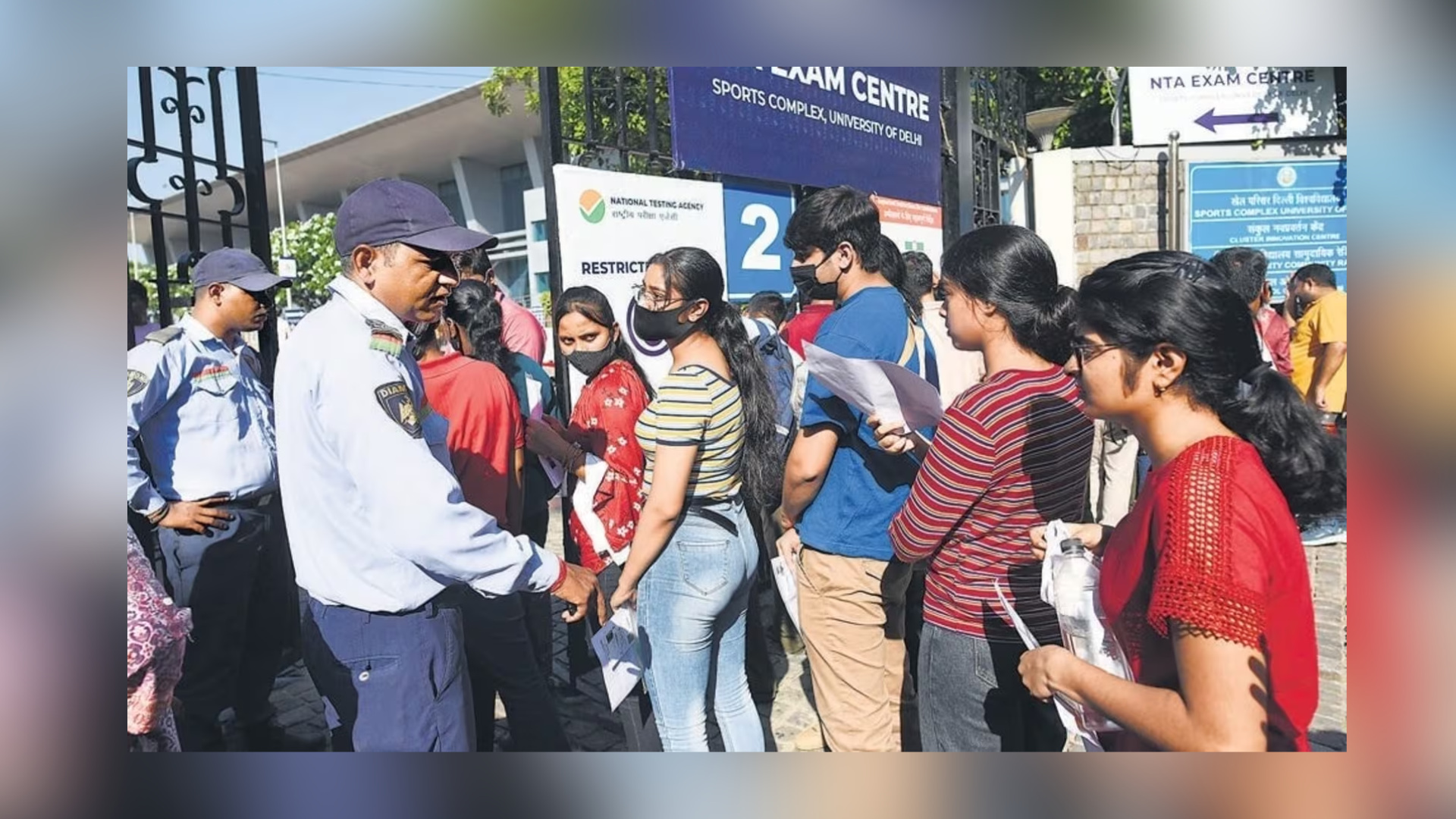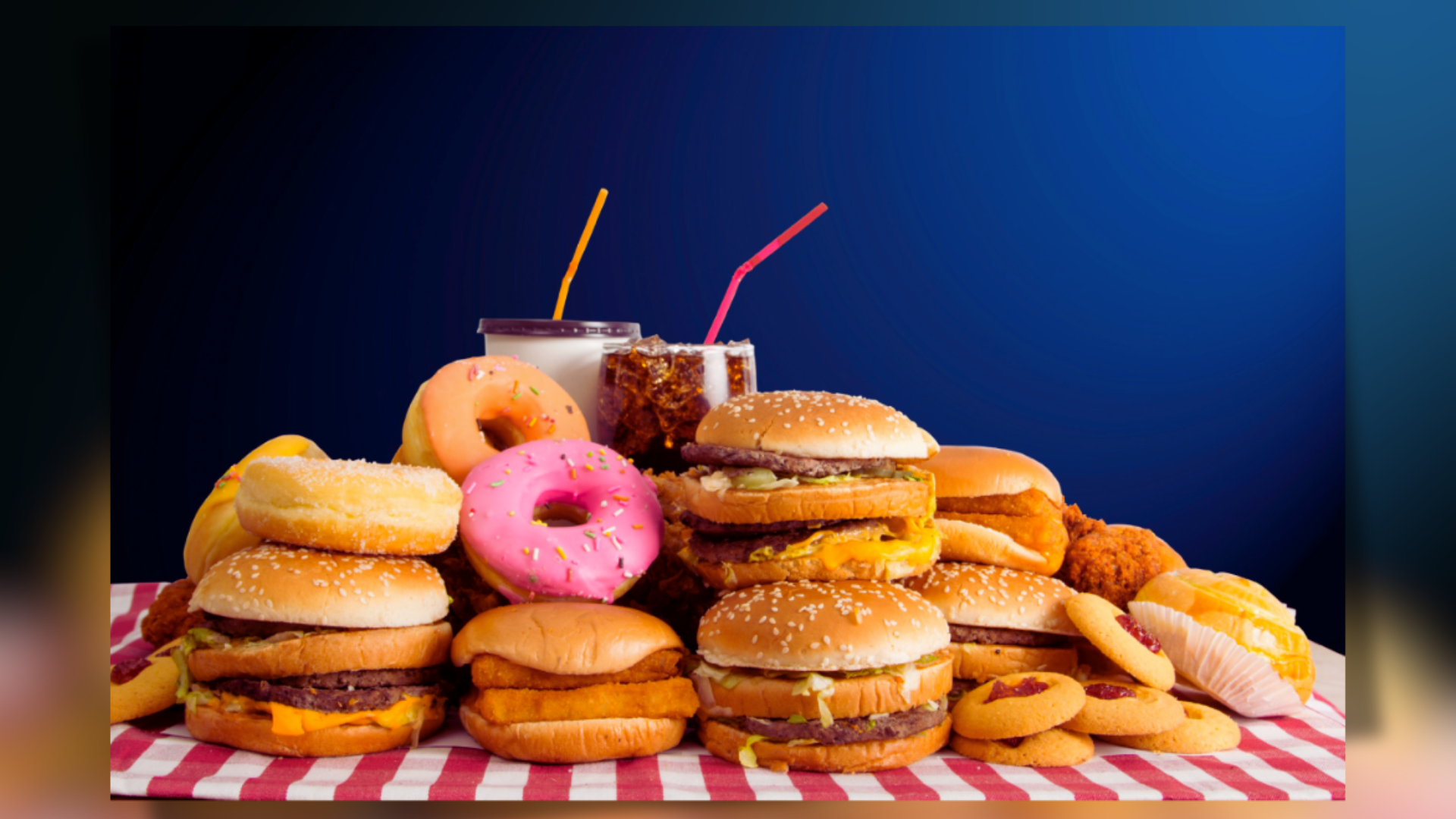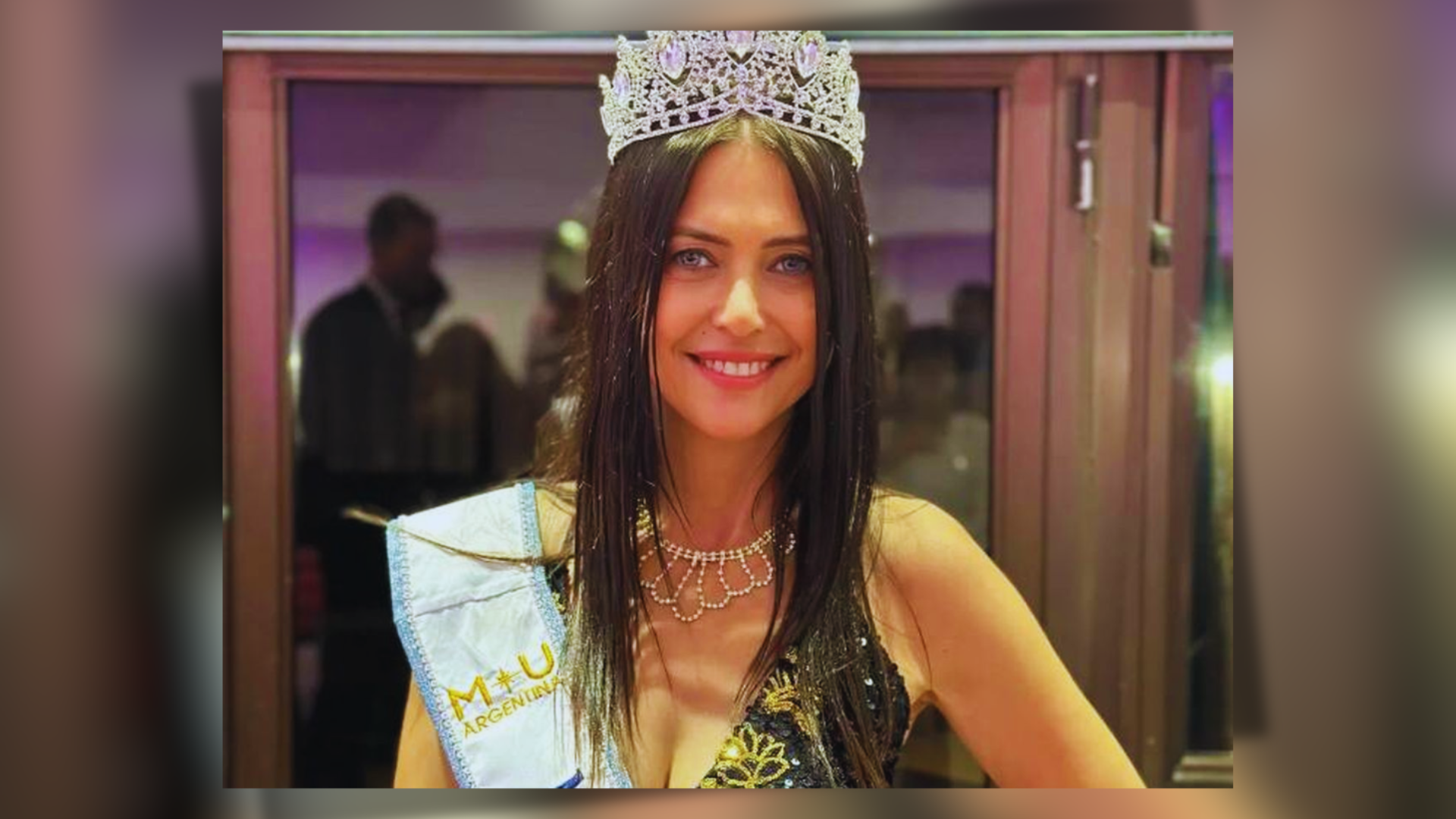


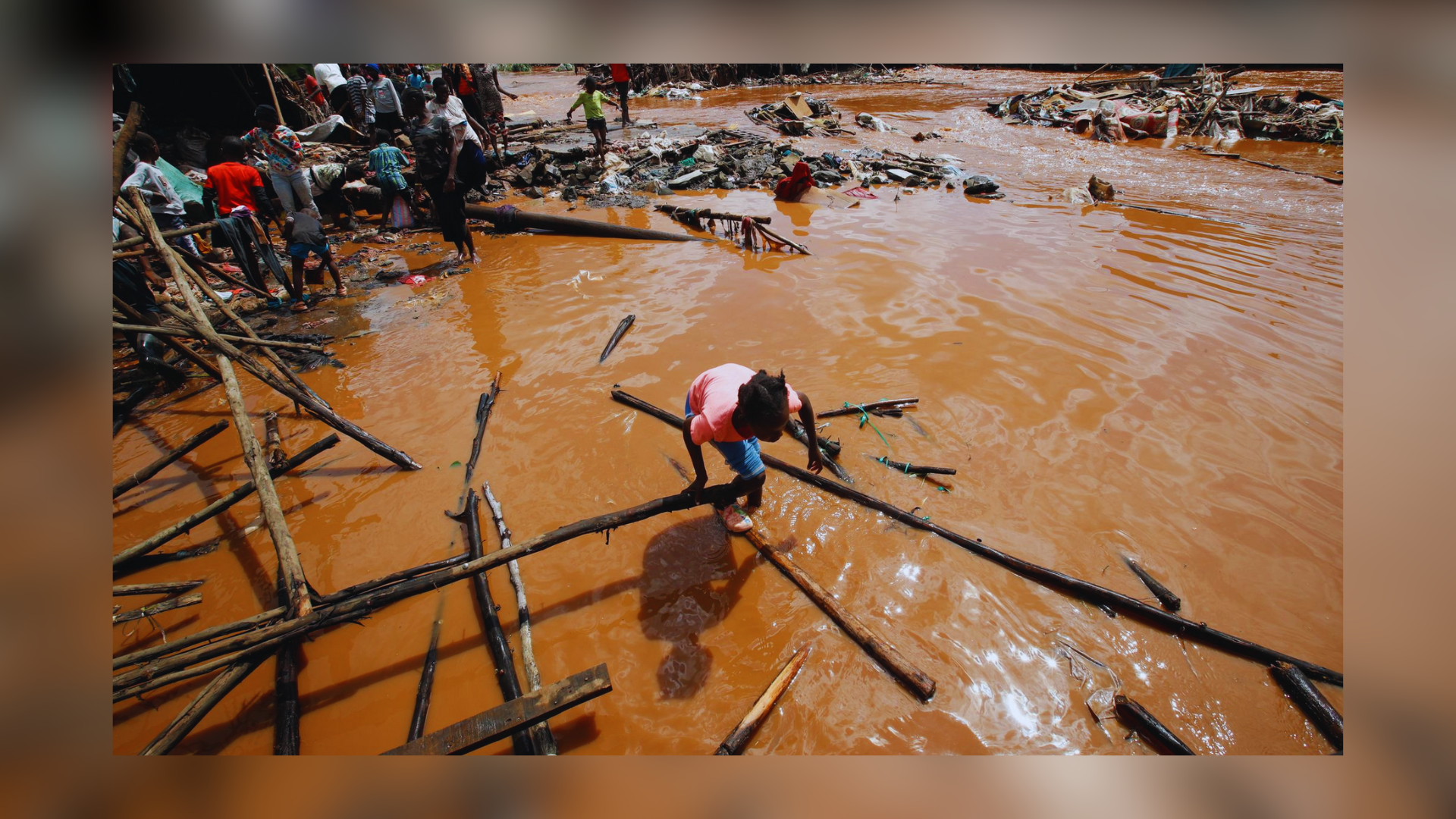
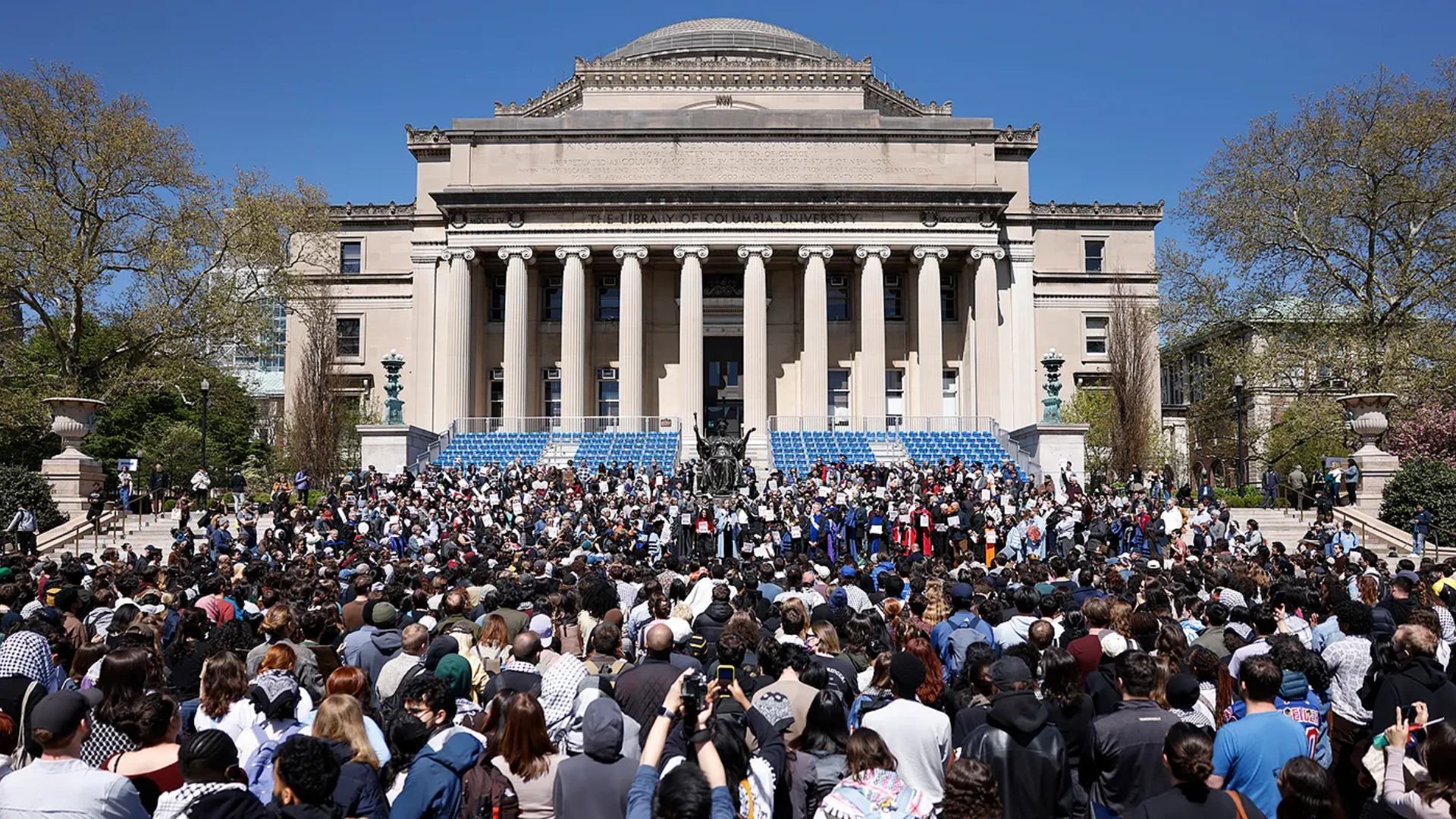
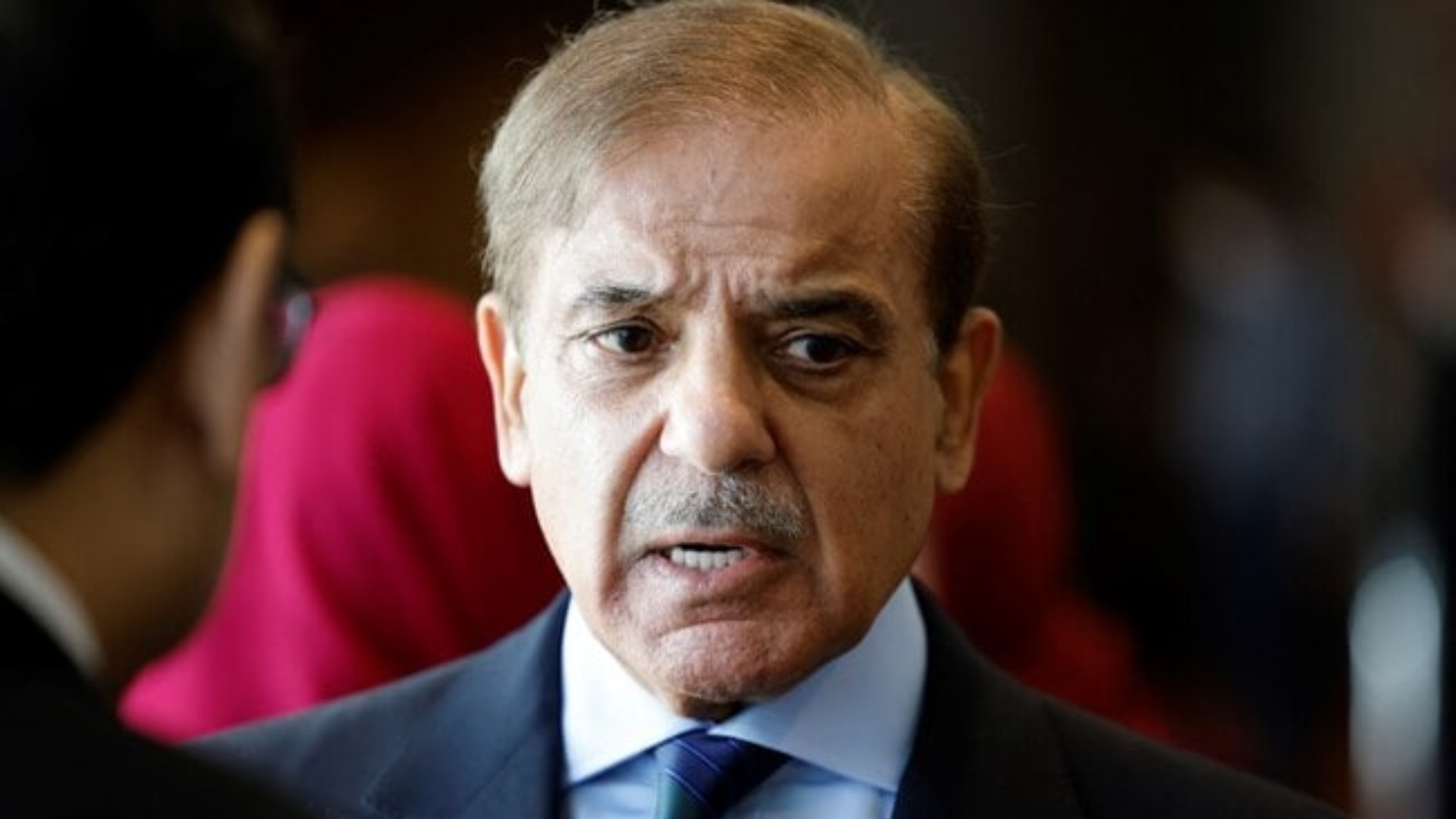

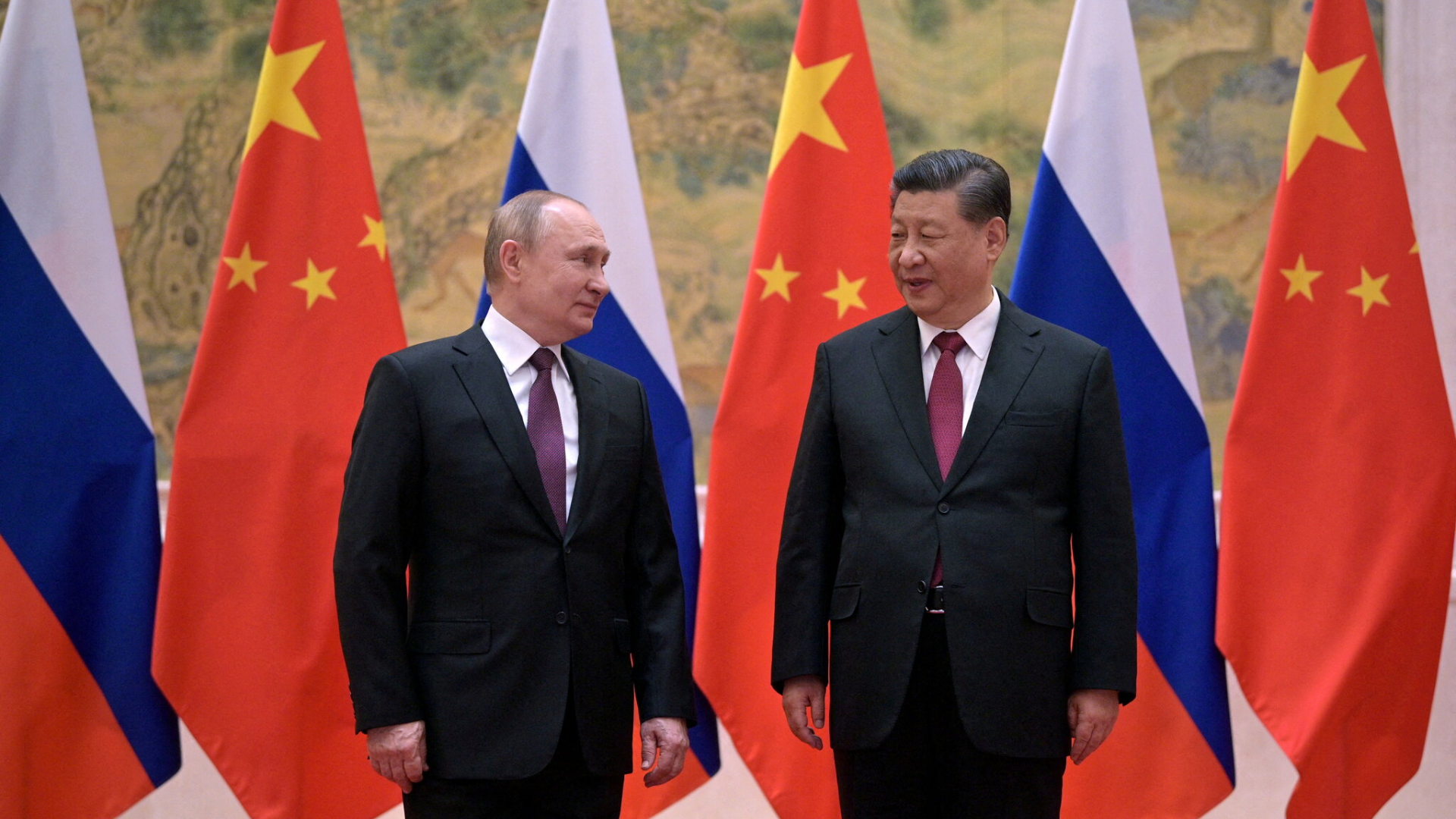

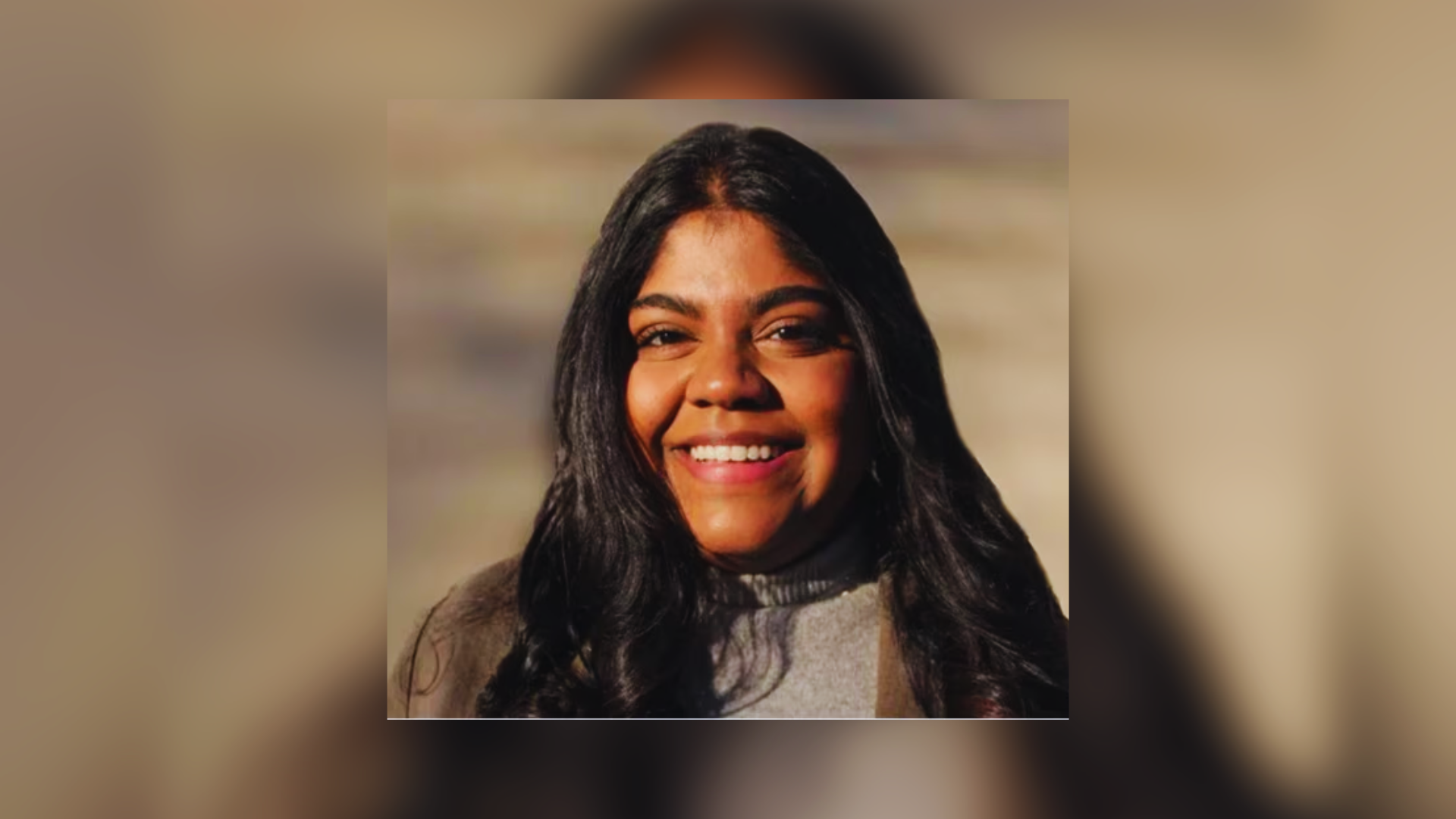

A federal appeals panel cast doubt on Donald Trump’s claim of immunity from prosecution related to efforts to overturn the 2020 elections, expressing deep skepticism over the potential ramifications of absolute presidential immunity.
Trump’s legal team argued for the dismissal of the federal election subversion indictment, asserting his immunity from prosecution. However, judges on the US Court of Appeals for the District of Columbia Circuit panel raised concerns about the broad implications of such immunity, pondering scenarios like selling pardons or assassinating political opponents.
The court questioned whether it had jurisdiction to decide on presidential immunity at this stage of the case, with Trump scheduled to go on trial in March. Special counsel Jack Smith emphasized that no one, including the president, should be above the law, warning against the dangerous precedent of presidential immunity and its potential impact on future elections.
Trump attended the hearing, highlighting the significance of the four criminal indictments in his ongoing presidential campaign. The appeals court’s ruling is anticipated to lead to a Supreme Court showdown, although a deadline has not been set.
During the hearing, Trump’s attorney, John Sauer, faced pointed questions about the claim that Trump’s actions post-2020 election loss were part of his presidential duties. The judges challenged Sauer’s argument that criminal prosecution could only occur after impeachment and conviction by Congress.
DC Circuit Court Judge Karen Henderson expressed skepticism about Trump’s claim of acting within official duties, stating, “I think it is paradoxical to say that his constitutional duty to take care of the laws be faithfully executed allows him to violate criminal law.”
The judges highlighted the potential dangers of Trump’s immunity claims, suggesting that future presidents could act unlawfully without consequences. This skepticism aligns with District Judge Tanya Chutkan’s earlier rejection of Trump’s absolute immunity theory.
Judge Florence Pan posed hypothetical questions, exploring the bounds of immunity, including whether it would apply to a president selling pardons or military secrets. Assistant Special Counsel James Pearce echoed the judges’ concerns, emphasizing the need for a mechanism to indict ex-presidents if they attempt to stay in power after losing an election.
Sauer maintained that a president could only be prosecuted following a Senate conviction for the alleged actions. However, Pan questioned this contention, pointing out that Sauer’s argument implied a potential path for presidents to face prosecution under certain circumstances.




